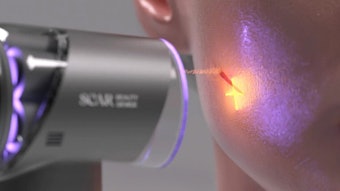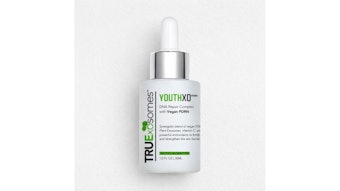
The anti-inflammatory effects of omega-3 fatty acids, found in fish oil, might help prevent capsular contracture in women with breast implants suggests an experimental study by Giuseppe A.G. Lombardo, MD, PhD, of Cannizzaro Hospital in Catania, Italy and Serena Tamburino, MD, of Chi.Pla Plastic Surgery in Catania, Italy, and colleagues, published in the March issue of Plastic and Reconstructive Surgery<.em>.
Omega-3 fatty acids – found in oily fish, as well as fish oil supplements – play a major role in the arachidonic acid cascade. The researchers designed a study to see if omega-3 fatty acid supplementation affects capsule formation around implants in mice. Tiny silicone implants were surgically placed under the skin of anesthetized mice. One group of animals was regularly fed an omega-3 fatty acid supplement, while a control group received water.
After several weeks, capsule formation around the implants was compared between groups. The results showed reduced capsule formation in the group receiving omega-3 supplementation – the implants were thinner and more transparent than in the comparison group.
In addition, capsules from the omega-3-supplemented animals showed reduced expression of transforming growth factor (TGF) beta-2, a cell-activating protein (cytokine) that promotes inflammation. The reduction in TGF beta-2 expression was associated with decreased collagen deposits in the implant capsule.
“Past research on preventing capsular contracture has focused on reducing bacterial contamination using antibiotics,” said Dr. Tamburino. “Fewer studies have focused on controlling the inflammatory process, particularly the arachidonic acid cascade, the main pathway leading to inflammation.”
Could fish oil help to prevent capsular contracture in women undergoing breast surgery using implants? It's too early to say—for one thing, for humans to take a level of omega-3 supplementation similar to that given to rats in the study “would be quite a dose,” the researchers write. “Moreover, we still don't know if this treatment would provide long-term benefit. Further clinical studies are warranted to examine their therapeutic applicability and additional studies should be conducted to support our findings concerning the decrease in capsular contracture occurrence.”
Read the full study here.











